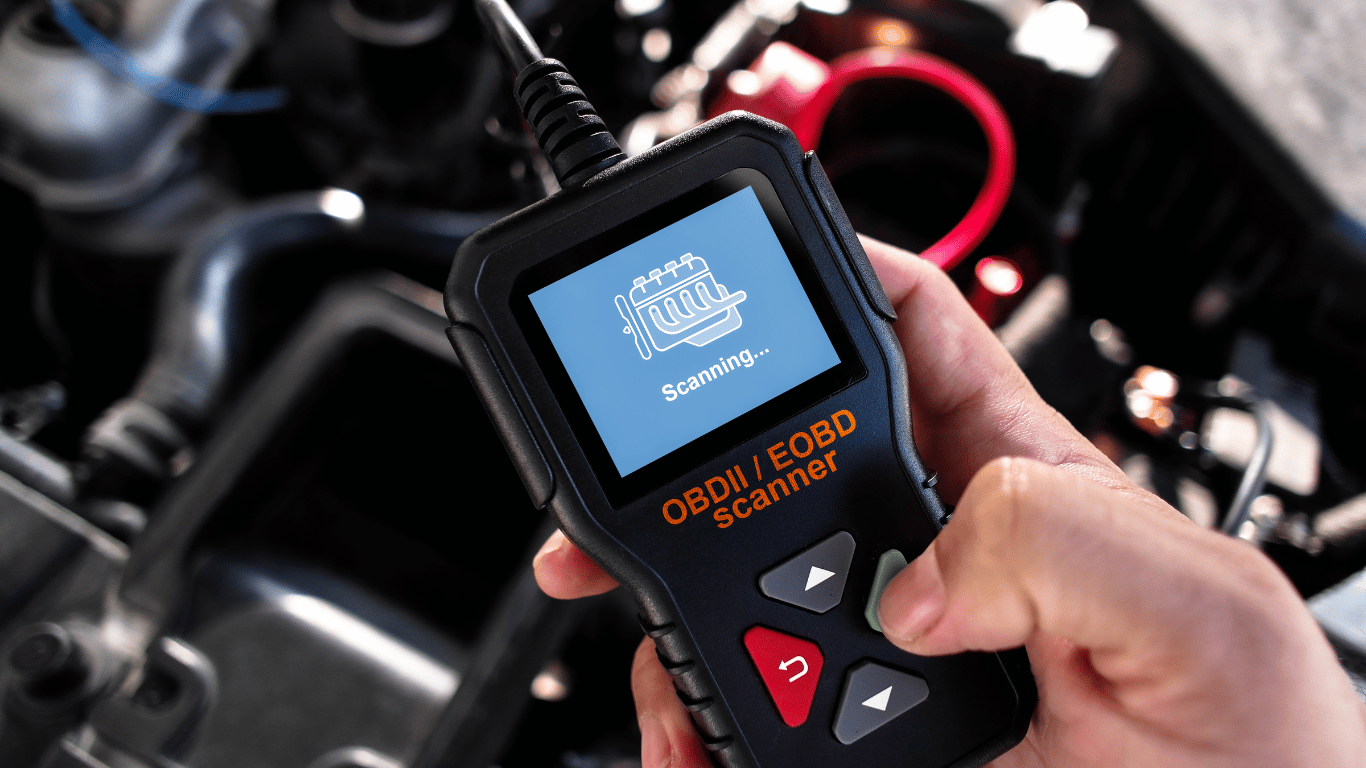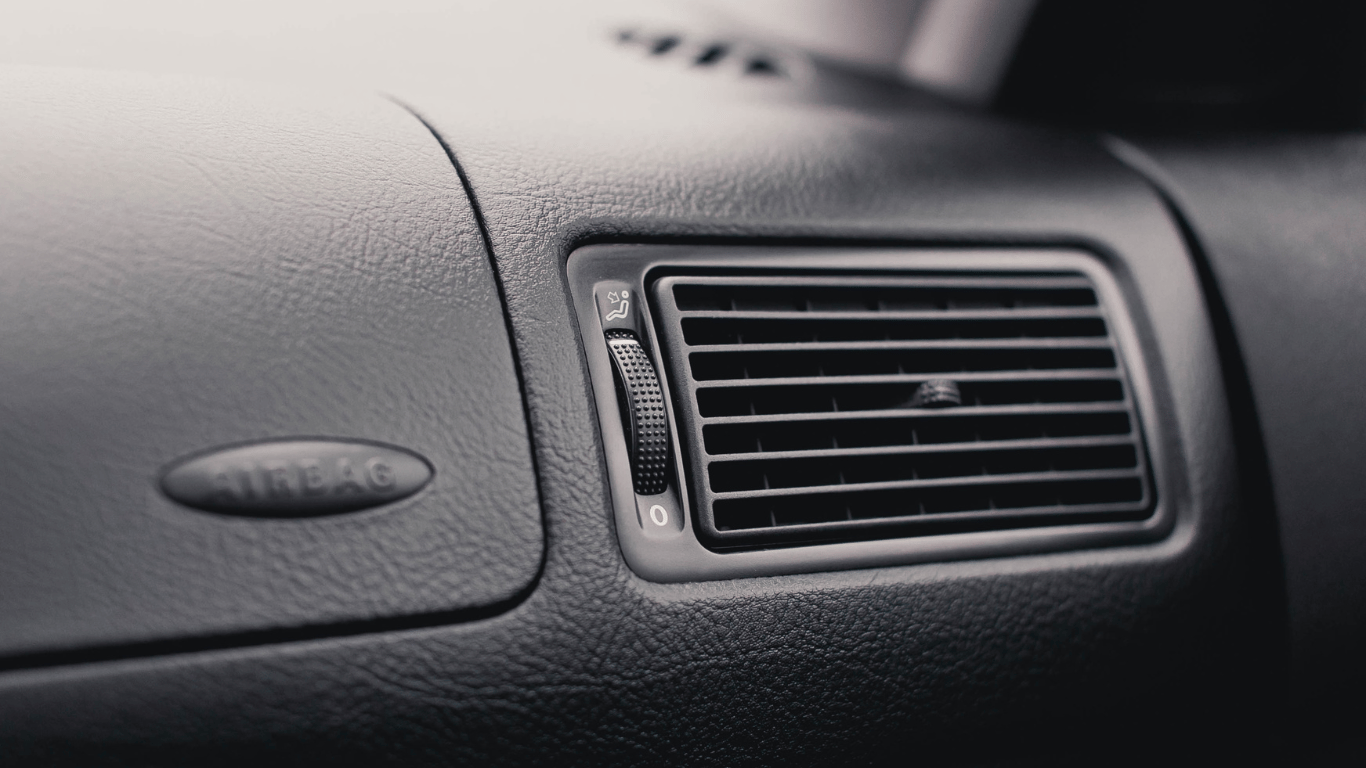Understanding Car Diagnostics
In the world of automobiles, staying ahead of potential problems can save you both time and money. Car diagnostics play a crucial role in keeping your vehicle running smoothly. But what exactly are car diagnostics? Simply put, car diagnostics are tests that identify problems with your car’s engine and other key systems. These diagnostics provide an in-depth report on the performance of your vehicle, revealing issues before they become major headaches.
Here’s how car diagnostics work: modern cars come equipped with an array of sensors and microchips that monitor the overall performance, from the engine to the exhaust system. When something goes wrong, these sensors generate a diagnostic trouble code (DTC) that mechanics can read using a specialised computer tool. By addressing these codes early, you can protect your vehicle from more significant, costly repairs.
Having access to regular vehicle diagnostics might seem like a chore, but it’s a preventive measure that can extend the life of your vehicle. South African traffic, especially in bustling areas like Gauteng, puts considerable stress on vehicles, making it even more vital to stay on top of your car’s maintenance needs.
The Benefits of Regular Diagnostics
Ensuring your car undergoes frequent diagnostics has multiple benefits:
Early Problem Detection: Catch problems early before they escalate into expensive repairs.
Improved Fuel Efficiency: Ensure your engine is running optimally, saving you money on fuel.
Enhanced Safety: Discover potential safety issues that may not be apparent during regular driving.
Peace of Mind: Knowing your car is in good health gives you confidence on the road, whether you’re cruising around Cape Town’s beaches or fighting traffic in Johannesburg.
Regular car diagnostics thus act as a health check-up for your vehicle, ensuring everything perform as designed.
Related: Popular diagnostic services with Fixxr
What Happens During a Car Diagnostic Test?
During a car diagnostics appointment, a mechanic will use a diagnostics tool to connect to your vehicle’s onboard computer. This tool reads the diagnostic codes generated by your car, allowing the mechanic to pinpoint specific issues. This process usually doesn’t take long but can make a world of difference.
Common Areas Checked:
- Engine performance
- Transmission efficiency
- Braking systems
- Exhaust emissions
- Electrical components
By having these components regularly checked, possibly with a local mobile mechanic from Fixxr, you’re more likely to catch minor faults before they turn into major repairs.
Related: Example Inspection Report with Fixxr
Related: Book a diagnostic service online
When Should You Opt for a Car Diagnostic Test?
You may wonder how often you should have your vehicle checked. As a rule of thumb:
Every 6 months: Regular intervals keep track of your car’s health.
Prior to long trips: Prevent breakdowns during road trips across South Africa.
If you notice performance issues: Don’t ignore unusual noises, indicator lights, or changes in your car’s behaviour.
These checks, crucial in environments with heavy traffic such as Johannesburg, can help maintain your car’s reliability.
Finding Reliable Vehicle Diagnostics in South Africa
South Africa is home to many expert mechanics, but it’s crucial to find one you can trust. You can locate trustworthy vehicle diagnostics mechanics by visiting Fixxr. Fixxr’s experienced professionals ensure you receive a thorough diagnostic service, helping you stay informed and in control of your car’s condition.
Related: Meet the Fixxr mechanics
FAQs about Car Diagnostics
1. What is the average cost of a car diagnostic test in South Africa?
Prices vary based on the garage, but generally, a test costs between ZAR 500 and ZAR 1,500. It’s best to shop around for the best deal. The typical price with Fixxr is R720 (inc VAT and call-out).
2. Can I perform a diagnostic test myself?
While some basic diagnostic tools are available for purchase, accessing a skilled mechanic is recommended for reliable results and proper interpretation of codes.
3. What should I do if a warning light appears on my dashboard?
Refer to your car’s manual and schedule a diagnostic test as soon as possible. Ignoring warning lights could result in more severe damage.
Related: Common Dashboard Warnings Lights
Conclusion
In conclusion, regular car diagnostics is an investment in peace of mind and long-term savings. By staying proactive and addressing issues promptly, you’re protecting not just your vehicle but also the safety of everyone who travels in it. For reliable diagnostics service, consider booking a session with one of Fixxr’s trusted mechanics. Visit Fixxr today to ensure your car remains in peak condition!



